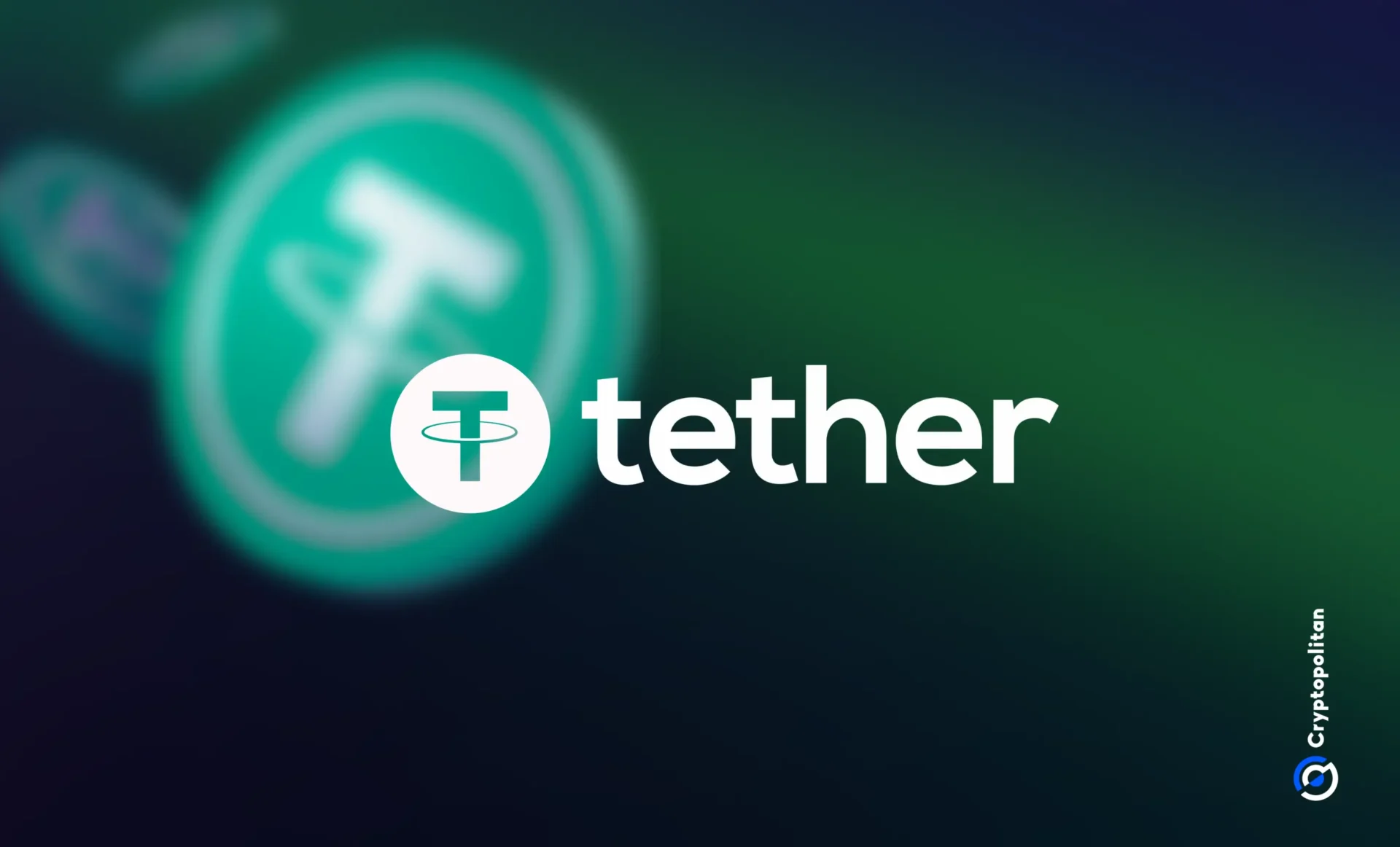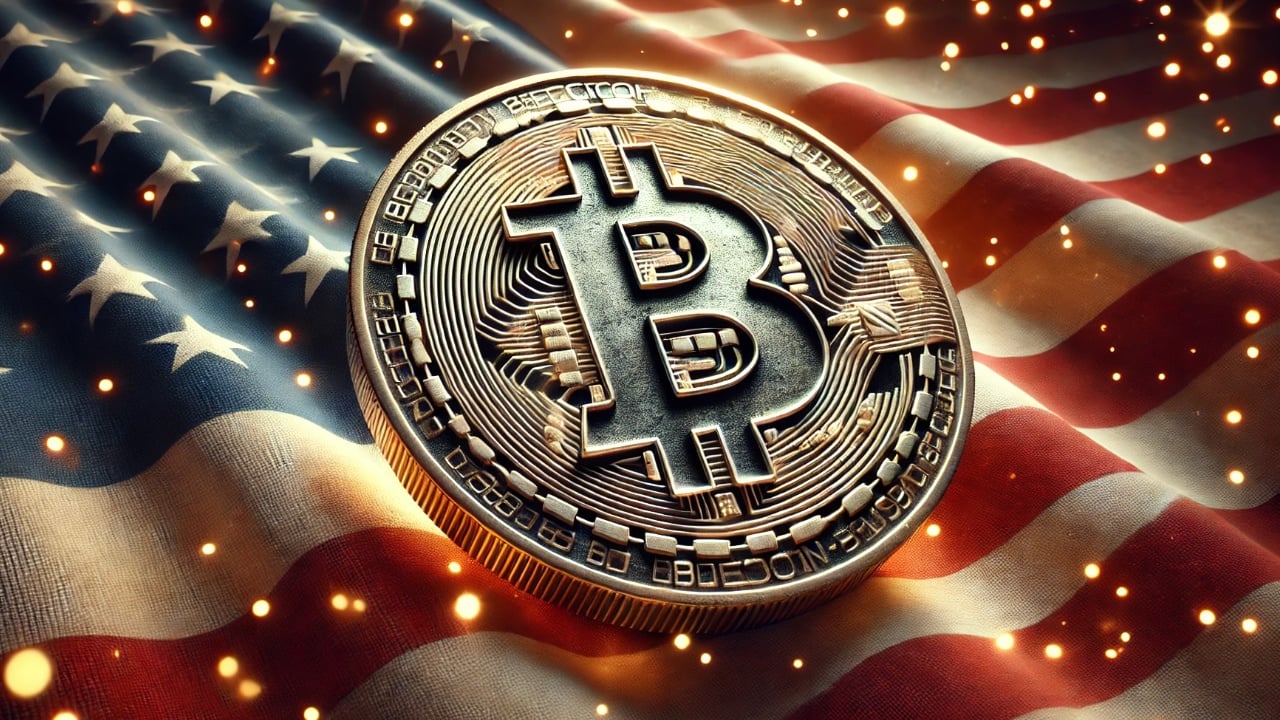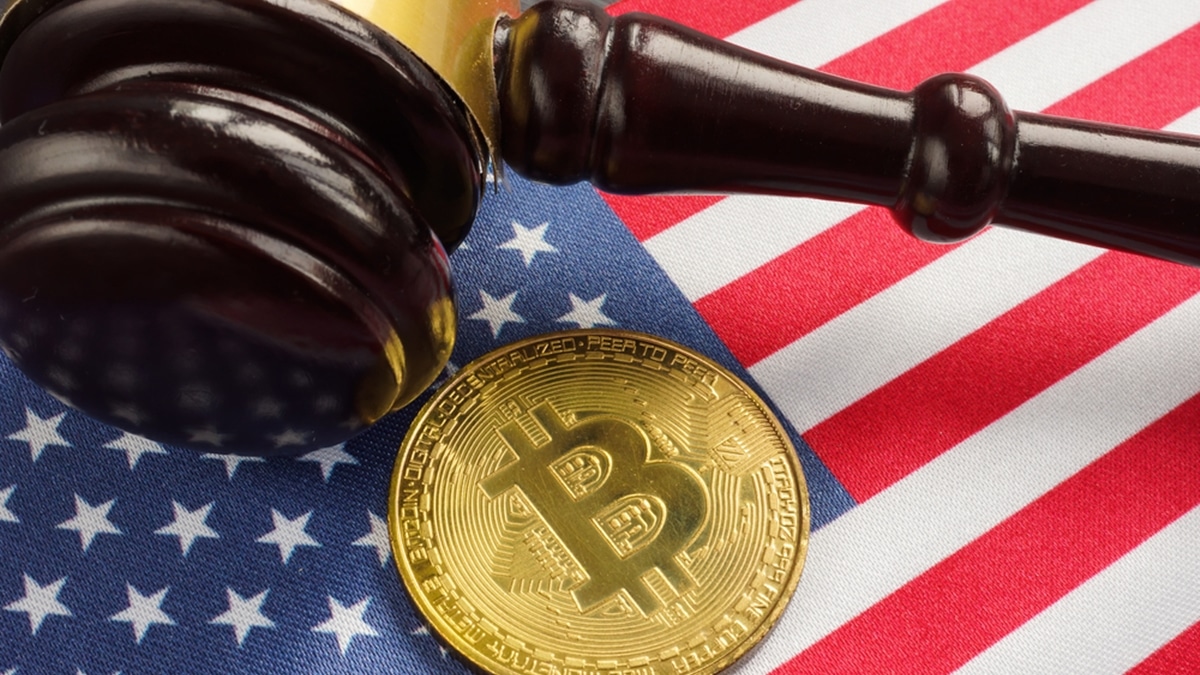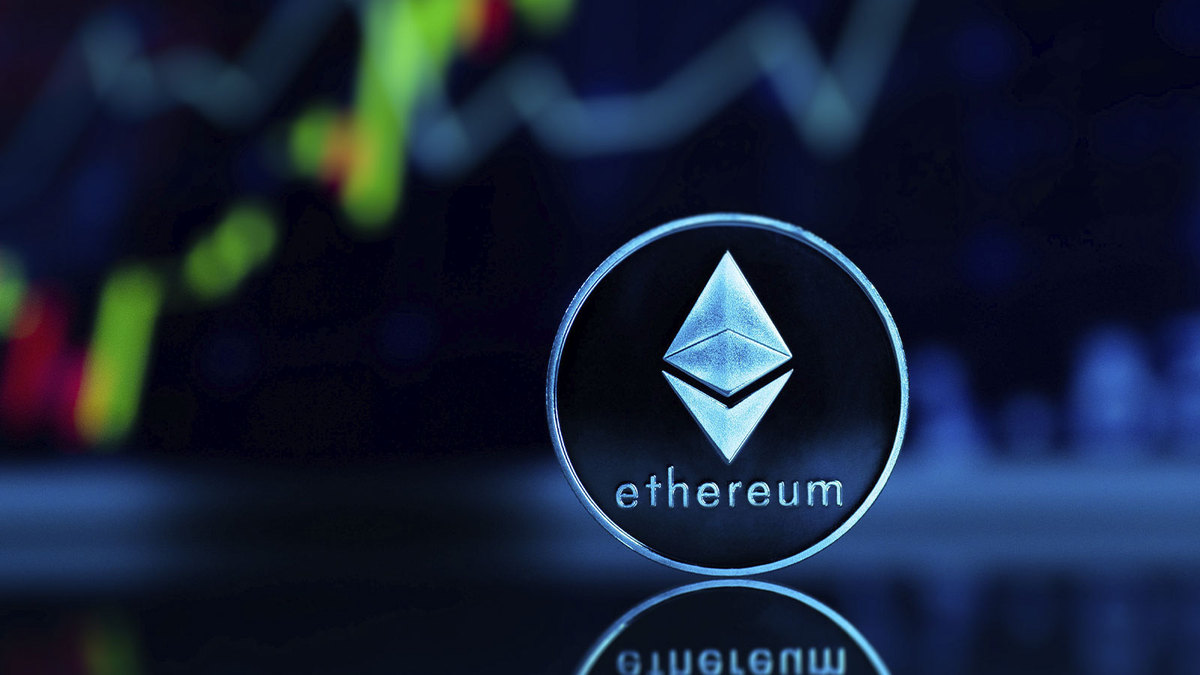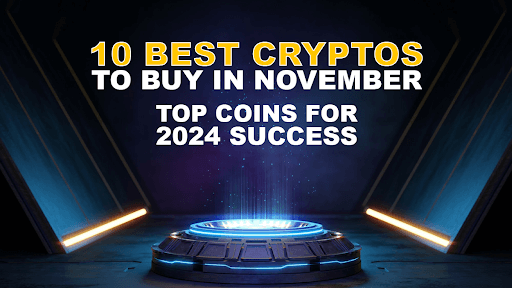
Stablecoin leader Tether has unveiled Hadron, a tokenization stage, as demand for tokenized financial instruments on decentralized networks surges. This platform allows firms, asset managers, and nation-states to issue and manage digital asset tokens for real-world financial instruments.
According to the announcement, Hadron enables users to tokenize various assets, from stocks and bonds to stablecoins and loyalty points, highlighting robust Know Your Customer (KYC) and Anti-Money Laundering (AML) controls.
The platform includes tools for issuing and managing the entire life cycle of tokenized assets, streamlining asset tokenization for individual and institutional investors alike.
Hadron by Tether revolutionizes asset tokenization, enhancing liquidity and global impact
Asset tokenization converts ownership rights of physical assets into digital tokens on a blockchain. These tokens can represent fractional or full ownership, allowing easier trading in digital markets and offering increased liquidity, transparency, and accessibility.
Paolo Ardoino, CEO of Tether, commented on the development, saying:
While traditional finance institutions have always pushed for closed ecosystems that are opaque to citizens, Hadron by Tether reinforces our commitment to build a more inclusive future. We’re making asset tokenization easier, safer, and scalable.
~Paolo Ardoino
Hadron facilitates tokenizing digital securities, including equities, bonds, and funds; fiat-pegged and commodity-backed stablecoins; and Alloy by Tethered Assets. According to Tether’s website, Tethered Assets are designed to track reference assets using stabilization strategies like over-collateralization and secondary market liquidity pools.
Hadron will also feature “basket-collateralized products,” enabling nation-states and corporations to issue digital tokens backed by baskets of commodities or other real-world securitized assets.
Interest in baskets of commodities and fiat currencies has surged, especially as the BRICS coalition considers reforming the International Monetary Fund’s Special Drawing Rights (SDR)—a global reserve asset comprising a mix of five major fiat currencies.
Tether expands its focus on energy, commodities, and new stablecoins
Tether’s launch of the Hadron tokenization platform aligns with the company’s expanding focus on energy and commodity-backed blockchain tokens.
In October 2024, Tether proposed a boron-backed token to the Turkish government, leveraging Turkey’s control over about 70% of the global boron supply. This mineral is critical for numerous industries, including fertilizers, household cleaners, and glass production.
The company also made a significant move into oil trading that same month, with a $45 million transaction to fund the transport of 670,000 barrels of oil from the Middle East using its USDT stablecoin.
In addition, at the TON Gateway event in Dubai, Tether unveiled a new dirham-pegged stablecoin linked to the national currency of the United Arab Emirates (UAE) on the Open Network (TON) blockchain.
According to an October 31 financial report, Tether reported $2.5 billion in profits for Q3 2024 and disclosed that its total assets reached approximately $134 billion.





